July 8th, 2022 | Buying
Your Guide to Secondary Dwellings in Ottawa
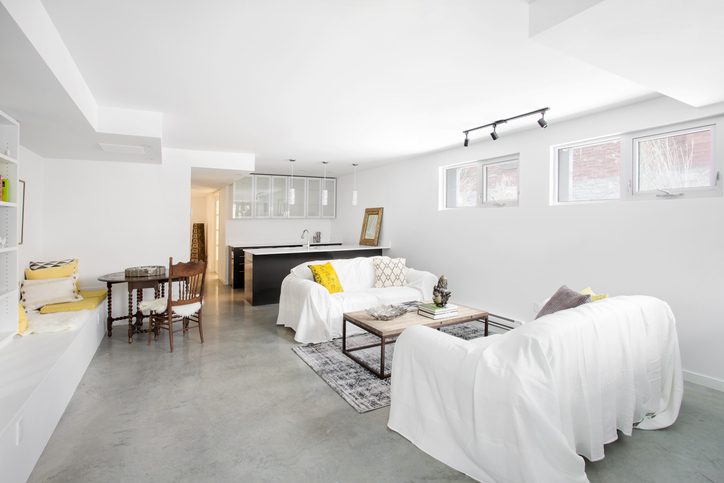
With housing affordability becoming an increasing concern for many Canadians, we have seen the popularity of secondary dwellings grow over the past several years. Now, with recent Bank of Canada interest rate hikes, secondary dwellings will become even more common as homeowners find creative ways to maximize their home budgets.
In this post, we’re taking a closer look at secondary dwellings in Ottawa.
First of All, What is a Secondary Dwelling?
The City of Ottawa describes a secondary dwelling as a self-contained dwelling on your property that is used as an income property or as a source for other members of the community (either family members or renters) to occupy.
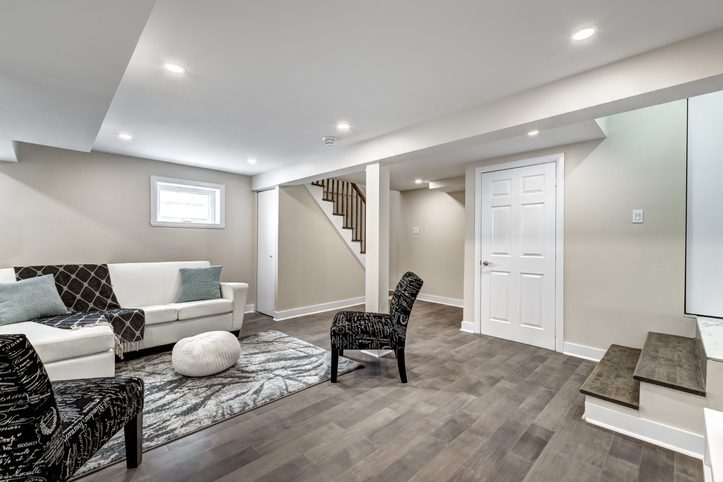
Secondary dwellings have gone by many names in the past including:
- In-law suite
- Nanny suite
- Garden home
- Granny flat
- Basement apartment
- Coach house
- Laneway house
While there are some distinctions between these names, they all have the same basic idea, they are all secondary units on your property in addition to the main dwelling.
Are you thinking about buying a new home in the near future? There are many details to consider! Read some of our blog posts to help you get on the right track here:
How is a Coach House Different From an In-Law Suite?
‘Secondary dwellings’ is a broad term, but there can be some variation within the category. For example, a garden suite, laneway house, or coach home typically refers to a secondary dwelling that is a separate dwelling from the main residence. This could be a guest house or a smaller house on the same lot.
Other types of secondary dwellings are contained within the main dwelling. For example, a garage loft or basement apartment.
Both types of secondary dwellings have their own set of rules, regulations, zoning, and bylaws.
Characteristics of a True Secondary Dwelling
You might think that renting a room in your house, or having a roommate might count as a secondary dwelling. That’s not quite the case.
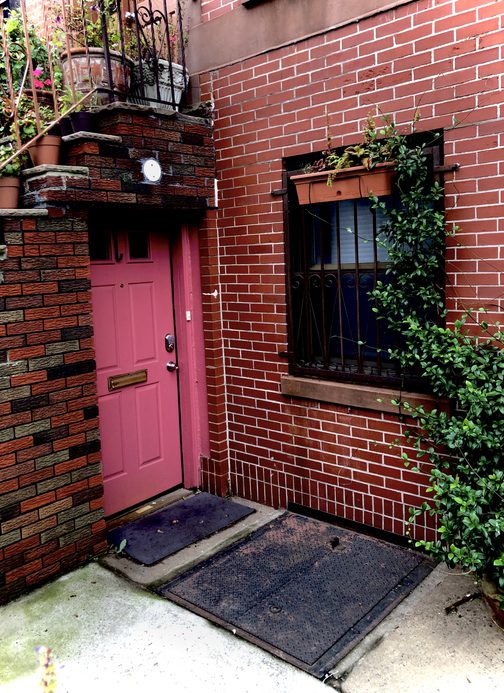
Secondary dwellings in Ottawa have some key characteristics that set them apart from other types of rental situations. These include:
- The secondary dwelling must have its own private entrance and unique address.
- Specific building sizes and room sizes must be adhered to.
- The dwelling must have at least one egress window and two ways to exit the unit.
- The ceiling height must meet the code, especially in the egress pathway.
- The unit needs access to its own plumbing, electrical, ventilation, and heating system.
You can learn more about the specific requirements from the City of Ottawa here.
Relocating? Read everything you need to know about moving to Ottawa right here.
Are Secondary Dwellings Legal in Ottawa?
Secondary dwellings are completely legal in Ottawa, with some exceptions. For example, secondary dwellings are not allowed in Rockcliffe Park or in duplexes in the Queensway Terrace North area.
Other secondary dwelling rules require the suites to take up no more than 40% of the total floor plan area of the main dwelling unless the suite is a basement apartment. The secondary dwelling also can’t change the characteristics of the street where it is located. Additionally, a parking space is not required, but if parking is provided, it is now allowed in the front yard.
For a full list of The City’s rules, you can learn more here.
What are the Benefits of Buying a Home with a Secondary Dwelling?
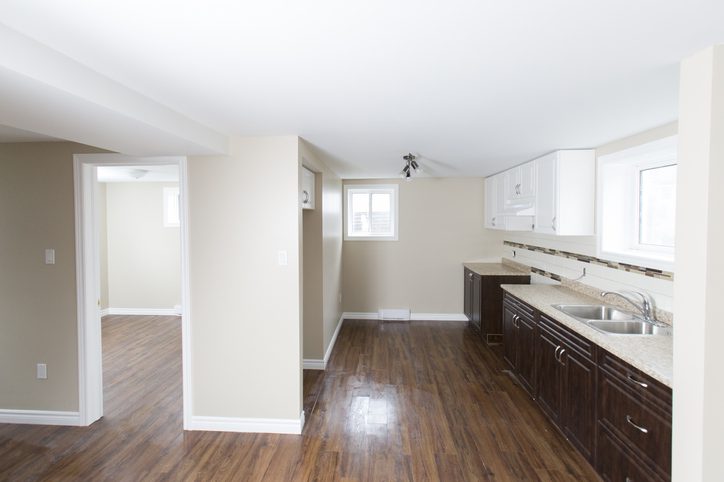
These types of dwellings have gained popularity over the years, primarily due to housing affordability. Consider this, if you purchase an Ottawa home with a secondary dwelling, you have a built-in income property that you can rent out and help with monthly expenses.
Another major benefit of having a home with a secondary dwelling has a lot to do with caring for our elders. If your parents are downsizing, they could potentially move into your secondary dwelling, maintaining their independence, but also staying close if they need anything.
How can you tell if the time is right to downsize? Read our blog about it right here to find out.
How to Build a Secondary Dwelling in Your Home
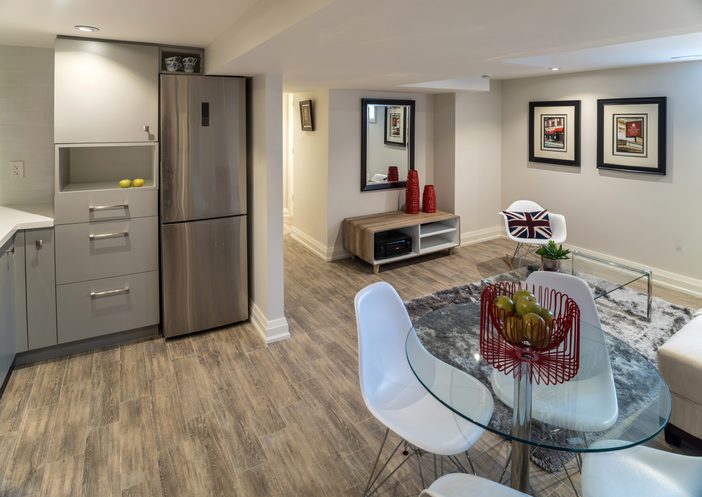
If your Ottawa home is a good candidate for a secondary dwelling, you can absolutely build one and reap the benefits. Building a secondary dwelling can be an expensive undertaking, however, it will add significant value to your property and will provide a solid return on investment through rental income.
When building a secondary dwelling, you need to consider the building permits, zoning regulations, and secondary suite requirements (for example, parking, fire safety, plumbing, ceiling height, windows, emergency exits, etc.).
It’s also worth mentioning that buying a home with the intention of building a secondary dwelling could help you qualify for a “home improvement” mortgage, where your lending amount is increased based on the future value of the home and the expectations of receiving income from your suite. For advice on these types of mortgages, we strongly recommend speaking with a mortgage specialist.
You can learn more about Ontario’s building codes when it comes to secondary dwellings right here.
Secondary Dwelling Challenges
For some, the benefits of a secondary dwelling are an incredible opportunity to afford a larger house in a more desirable location. They can also be a great way to support elderly relatives. However, there are some challenges you should consider before jumping on the secondary dwelling bandwagon. Here are a few of the considerations you should make:
- Renting a secondary dwelling would make you a landlord and you would be responsible for collecting rent from your tenants and making all the necessary repairs and maintenance.
- Your property taxes will likely increase as a result of your secondary dwelling.
- If you are purchasing a home to move away from a rental situation or condo, you might not like having another family or a tenant living in close proximity.
Are you looking to make improvements to your home this year? Read some of our resources on home renovations and upgrades here:
Want to Learn More About Secondary Dwellings?
One thing is for sure, as more Ottawa residents aim to enter the housing market in the coming months, and interest rates continue to rise, people will be looking for ways to improve housing affordability. Buying a home in Ottawa with a secondary dwelling is a great option.
If you’re interested in learning about these unique homes, reach out to us today here. We’re happy to answer your questions and help you find the right home for your needs!



